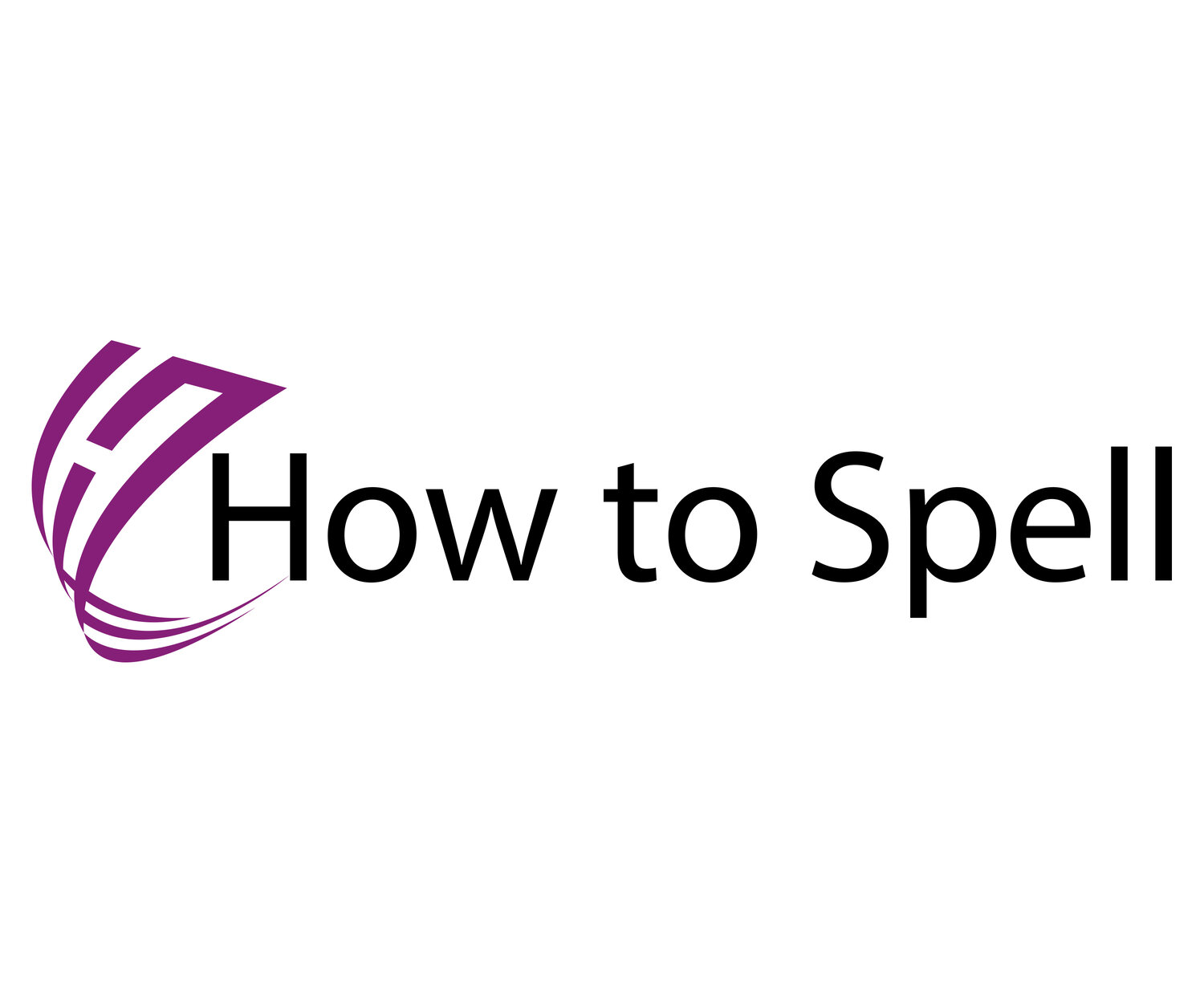Shorty - 1:1:1 doubling up rule
shop — shopped, shopper, shopping; swim - swimming, swimmer; slip — slipped, slipping, slippery, slippy
Notice shop, run, swim, cat, bit have 1 syllable, 1 vowel next to 1 end consonant (1:1:1). When this happens, we double the end consonant with vowel suffixes (-ing, -ed, -er, -est, -en, -ish, -ery, -able, -y). 'y' is sometimes classed as a vowel especially at the end of words.
shop — shopper, shopping, shoppable, shoppability (but not shops because we only double up with vowel suffixes)
run — runner, runner-up, running, runny → (y to i) runnier, runniest
swim — swimmer, swimmers, swimming
slip — slipped, slipping, slipper, slippage, slippery → slipperiness, slippy → slippier, slippiest
cat — cattery, cattily, catty, cattiness
slim — slimming, slimmed, slimmer, slimmest
fat — fatter, fattest, fatty, fatted, fatten, fattening
quiz & quit
qu is classed as one consonant sound because we can't have 'q' without the 'u' in English words. So quit and quiz have 1 syllable with 1 vowel next to 1 consonant
quiz — quizzed, quizzing, quizzer, quizzical, quizzically
quit — quitter, quitting
Also: squat — squatting, squatted, squatter
But we never double up words ending in h, j, q, w, x, y
grow — growing
box — boxer
This doubling up rule was put into place centuries ago to indicate the short vowel sound. This is so we don't get them confused with long magic 'e' vowel sounds when we drop the 'e'. Knowing this helps not only your spelling but reading too.
For example, hopping vs. hoping
We use the 1:1:1 doubling up rule for hop — hopping, hopped vs. hope — hoping , hoped (drop the 'e' when adding vowel suffixes)
Compare these
short vowel sound / long vowel sound
strip / stripe
stripped / striped
slim / slime
slimmed / slimed
tap / tape
tapped / tape
Double letters often appear in root words (normal words) and indicate a short vowel sound, which helps with understand the word (reading it and saying it). Compare these:
short vowel sound / long vowel sound
dinner / diner
latter / later
comma / coma
bitter / biter
rudder / ruder
gabble / gable
Double letters serve a purpose — to clarify the meaning of the word — and aren’t just there to make you crazy!
Spelling Test Video
Try this spelling test that’s from my Spelling Rules Course on www.udemy.com/spelling-rules-course/
There are 7 sentences. I'll say them quickly at first so if you finish then check your spelling carefully letter by letter. Then I'll say them again slowly. Enjoy, try it and don’t worry about making mistakes - learn from them.
How did you do?
Keep going over the lesson and exercises so you get the rule in your long-term memory. Doing something once isn’t going to help you remember things.
Keep revising, reviewing and repeating to remember.
Click here for more spelling rules lessons.
Do the spelling test again. Click on the player below.
Answers
Check your spelling letter by letter. Think about why you’ve made mistakes.
1. I'm slimmer now I'm running every day.
2. He stripped the wallpaper off the walls and is hoping to paint them later.
3. They like watching TV quizzes.
4. Today is hotter than yesterday so they're going swimming.
5. We stopped to look at the biggest tree we'd ever seen.
6. She can be so catty, and he can be so ratty.
7. I'm planning a trip to London.
How did you do? Keep coming back to this test again and again because practice makes perfect.
